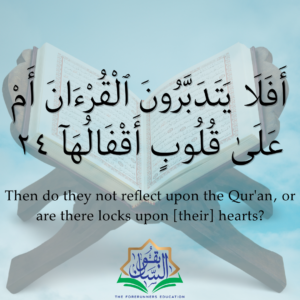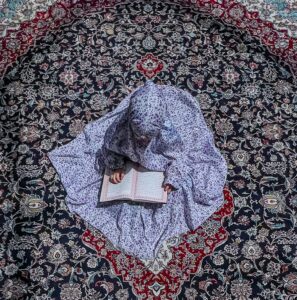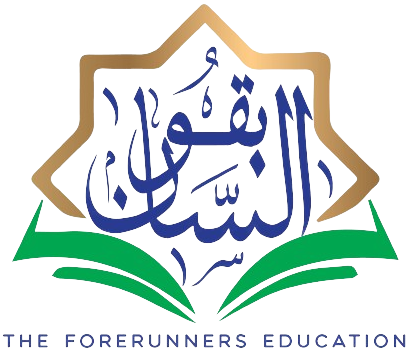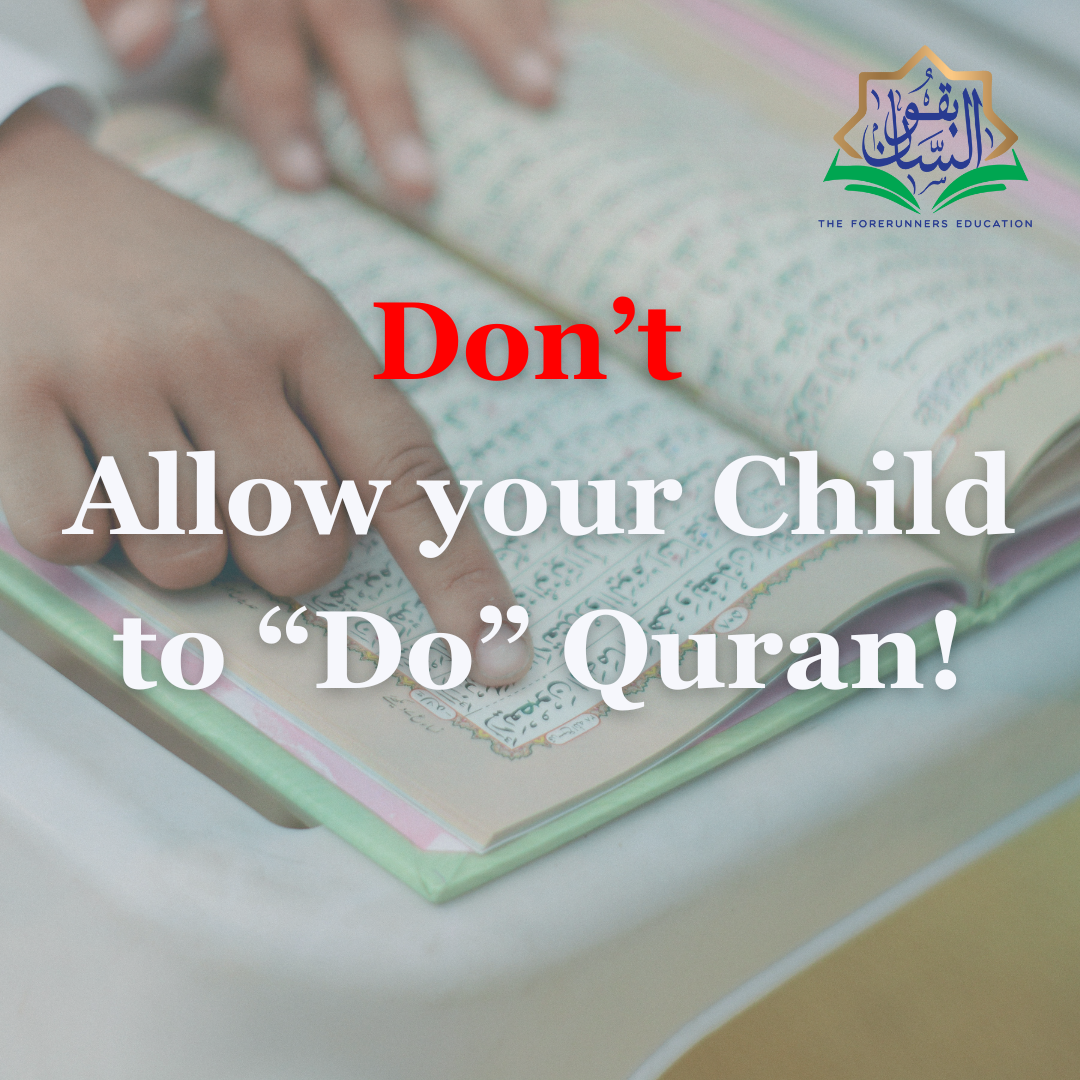Is your child “Doing Quran”?
Something needs to change!

As an educator, it’s disheartening to ask a child or their parent about what they’ve been up to, only to hear they “were doing Quran” or “did some Quran.” My first question is always, What does it mean to “do” Quran? And secondly, What exactly were you doing with the Quran?
We can “do” tasks like laundry, cleaning, or homework — things that have definitive endings that we can cross off our to-do lists. But can we truly say we “do” the Quran? Unlike the aforementioned tasks, the Quran isn’t something we can ever finish, even if we’ve read it cover to cover. It does not have an ending. It is never “done.”
That’s when we realise that something fundamental has been lost in how we view and speak about the Quran. The Quran is not a task; the Quran is a lifelong journey, a source of living guidance that we engage with, reflect on, and build a relationship with. Whether we’ve completed a recitation from beginning to end or memorised the entire Quran, we will always find ourselves returning to it for comfort, clarity, and inspiration. We can never say that we have “done” it because there’s always going to be something to look back on. There’s always guidance to come back to and feel inspired by. There’s always going to be a yearning in our hearts for a remedy or answer that’s engulfed within the vast pages of the Quran.
There is not a verse in the Quran that pushes us to complete the Quran or memorise it. What we are guided towards is deep reflection and pondering over the verses so that we act upon them and understand them.
Allah asks in surat Muhammad,
أَفَلَا يَتَدَبَّرُونَ ٱلْقُرْءَانَ أَمْ عَلَىٰ قُلُوبٍ أَقْفَالُهَآ
“Do they not ponder upon the Quran, or are there chains upon their hearts?”

The Quran encourages us, not to simply read or memorise, but to deeply reflect on its verses and implement them into our lives. The concept of completion is not mentioned at all; we are not called to complete the Quran or memorise it. We are rather called to reflect, and re-engage with its verses.
If we reflect on the way in which the Quran was revealed, we get to witness the beauty of how it was revealed gradually in portions. There is wisdom as to why the Quran wasn’t revealed all at once. It came down gradually, like nourishment, to strengthen and heal. Allah says in Surah Al-Furqan:
وَقَالَ ٱلَّذِينَ كَفَرُوا۟ لَوْلَا نُزِّلَ عَلَيْهِ ٱلْقُرْءَانُ جُمْلَةً وَٰحِدَةً كَذَٰلِكَ لِنُثَبِّتَ بِهِۦ فُؤَادَكَ وَرَتَّلْنَٰهُ تَرْتِيلًا (٣٢)
“And those who disbelieve say, ‘Why was the Quran not revealed to him all at once?’ Thus [it is] that We may strengthen thereby your heart. And We have spaced it distinctly.” (Al-Furqan 25:32)
This verse reminds us that the gradual revelation of the Quran was a means to anchor our hearts. So how could we think of “doing” the Quran or be “done” with it? Each portion of revelation was eagerly awaited by the Prophet (peace be upon him). He would yearn for the next revelation, not merely as words but as life-altering experiences that touched his soul. SubhanAllah.
At The Forerunners Education, we strive to shift the language our students use when describing their Quranic engagement. We encourage students to speak with clarity and purpose, in a way that reflects the Quran’s impact on them. Instead of saying, “I did Quran,” they say, “I am reviewing tajweed rules to improve my recitation,” or “I’m revising this page to ensure accuracy in my memorisation,” or “I’m reading a translation to feel more connected to verses that touched my heart.”
By embracing this approach, we help children move from merely “doing the Quran” to truly living with it — with intention, emotion, and purpose.


